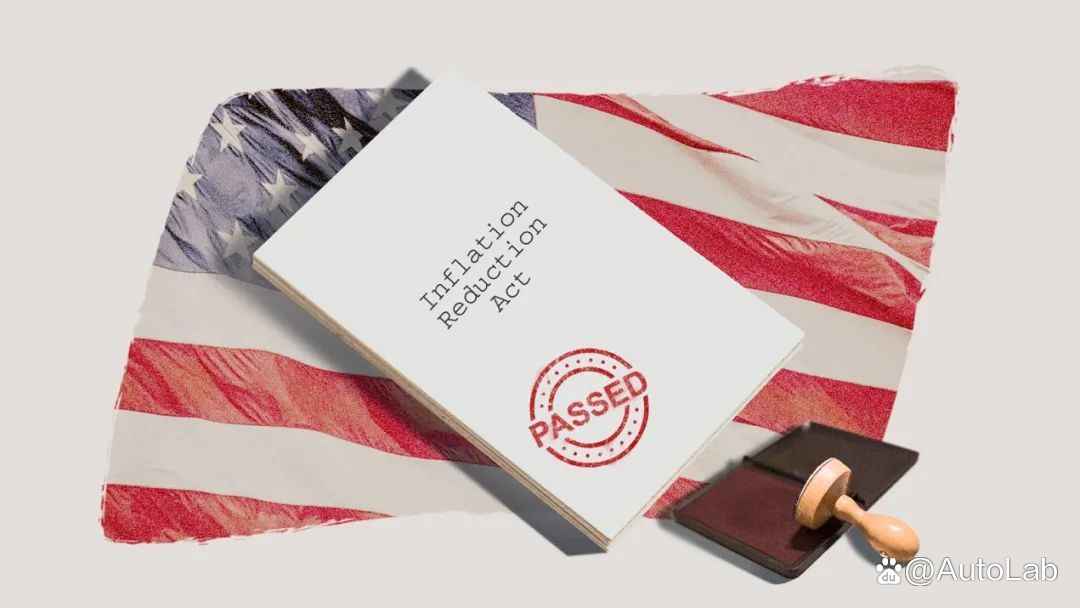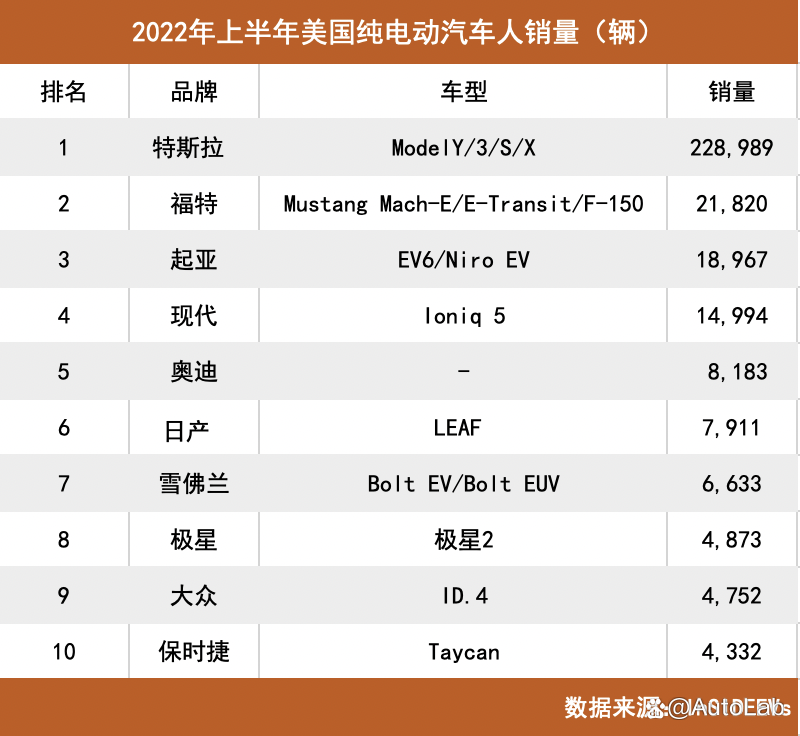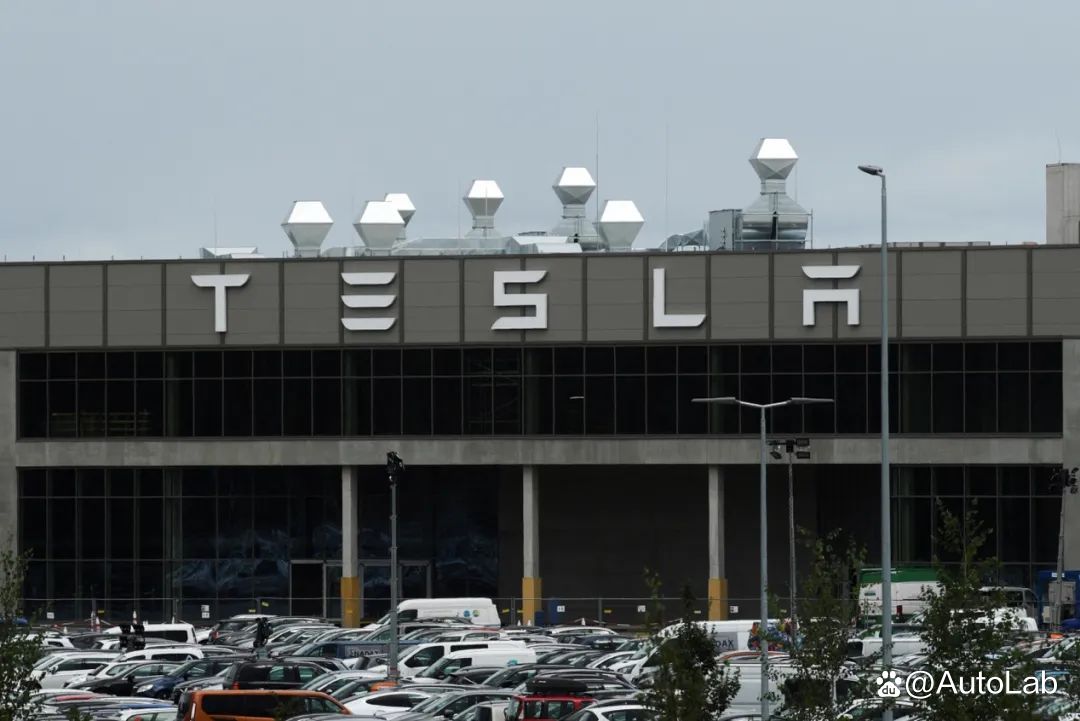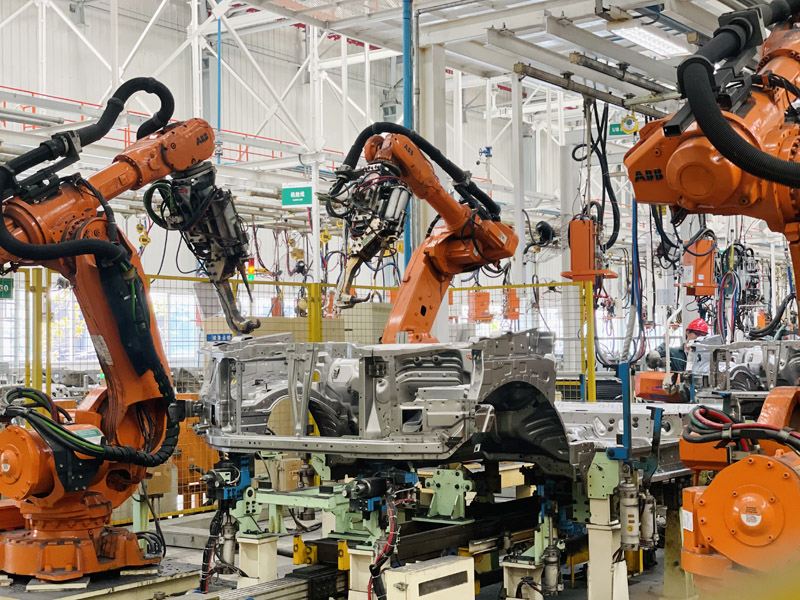Tesla abandoned the production of batteries in Germany, and the new law of the United States "bears the world"
Author:Autolab Time:2022.09.15
The foundation of the electric vehicle industry is trembling.
The Wall Street Journal recently reported a news that Tesla suspended its plan to produce batteries in Germany and discussed the feasibility of transporting the manufacturing equipment of the Berlin super factory to the United States.
There is no reason. If power batteries are prepared in the United States, the tax discounts provided by the New Law can offset about one -third of the battery pack costs. As the number one player for electric vehicles, Tesla is unhappy.
This "New Law" refers to the "Breeding Act" launched by the United States for a few days before the "Chip and Science Act" was introduced.
If the former is described as "the weapon for the United States to enhance the capacity of local chips", the latter will undoubtedly represent the United States' recognition of "resistance to non -land -made electric vehicles".
Electric vehicles are "made of the United States"

In addition to the related content of climate, clean energy and infrastructure, the new law also puts forward clear requirements for electric vehicle manufacturing.
For example, when buying a new electric vehicle, consumers can get a tax credit of $ 7,500 per unit; when buying second -hand electric vehicles, consumers can get at most $ 4,000 in tax credit. The prerequisite is that the final assembly of the vehicle is in North America;
At the same time, 40%of the total value of battery key components must be from the United States or countries (13) signed a free trade agreement with the United States. Since then, the proportion has been raised by 10%year by year, until 100%in 2029.
The obvious "national discount" discrimination has released signals that the United States urges car companies to speed up the establishment of assembly plants and purchase batteries from North America.
South Korea is deeply betrayed, and the EU has also begun to worry about the market competitiveness of automobile manufacturers such as Germany and France.
Judging from the data of the first half of this year, the number of new electric vehicles in the United States is 338,000, and Tesla accounts for two -thirds, which is important; Ford ranks second, with a share of less than 10%; followed by Kia and Hyundai. The total sales of the two exceeded Ford.

From the perspective of Tesla, it is necessary to consider the new law carefully. For car companies such as Hyundai and Kia value the US market, the new law may weaken its competitiveness in terms of price.
Combined with Korean media reports, with the implementation of the new law, the modern IONIQ 5 exported to the United States has not obtained tax reduction and exemption, and manufacturers suggest that the retail price will increase the Bigsla Model 3 more than $ 400.
This is also the reason that the sales awards of local dealers in the United States have been raised from $ 500 to one $ 1,000. I just don't know if the increase in marketing costs will keep the Ioniq 5 maintained the current sales situation.
It is reported that in order to obtain subsidies as soon as possible, Hyundai has decided to produce GV70 models in the US factory in advance.
It is no exaggeration to say that the new law of the United States has hit the "seven inches" of the car company.
Tesla gives up "German production" battery
However, behind the United States to support the local electric vehicle industry chain, investment in other regions is slowing or even reduced. Tesla's abandonment of batteries in Germany is the latest example.
Tesla not only self -developed batteries, but also jointly promoted the research and development of 4680 batteries with partners such as Panasonic and LG.

With the decrease of production activities, the workers of battery factories or workloads have decreased or unemployed directly. To novels is the issue of supply chain. To talk about the crisis of socioeconomic and economy, the automotive industry is even more so.
For example, cars are one of the pillar industries of the Korean manufacturing industry. In 2021, South Korea EV exports is fourth in the world, with its main destinations in Europe and the United States. If Hyundai Group reduces its domestic investment, the injured will not only be workers.
In addition, the New Law specifically mentioned that from 2024, it will be disabled in China's battery components, and Chinese mineral raw materials will be disabled from 2025.
In other words, restricting the development of Chinese batteries has become a "explicit regulation." Earlier, Ningde's time reached the plan to build factories in the United States, and Weilai Automobile also emphasized that the time to enter the US market is approaching.
If the new law has been implemented, the demand of the US market seems to be an inevitable trend. But is it really obedient to the country and regions involved in the country and regions, and will the battery manufacturers and car companies really obedient?

Indian Prime Minister Modi has proposed the guidelines of "Indian manufacturing" and "independent India" early, but so far, there is almost no improvement;
Although the United States is a strong world, it violates the logic of market development and is tough for the dominance of electric vehicle manufacturing. As a result, it may be counterproductive.
Before that, we might as well look at how many car companies will turn their directions because of this.
- END -
Rizhao High -tech Zone: Focus on the high -end extension chain strong chain

Recently, the automation production line was busy in Rizhao ZTE Automobile Worksho...
Oil price will change again!at……

The international oil price rebounded by 2.5%on July 1, and each barrel was closed...